English
繁體中文
简体中文

Chemical Pathology Professor Dennis Lo Yuk-ming, often referred to as the “father” of Non-invasive Prenatal Testing (NIPT), is one of leading researchers at CUHK who contribute extraordinary expertise to Hong Kong’s public healthcare system. Last year, he was awarded America’s top biomedical research prize for his discovery, which has revolutionised prenatal testing for Down syndrome. That clinical breakthrough has also laid foundations for the early detection of multiple types of cancer, creating life-changing impacts on patients around the world.
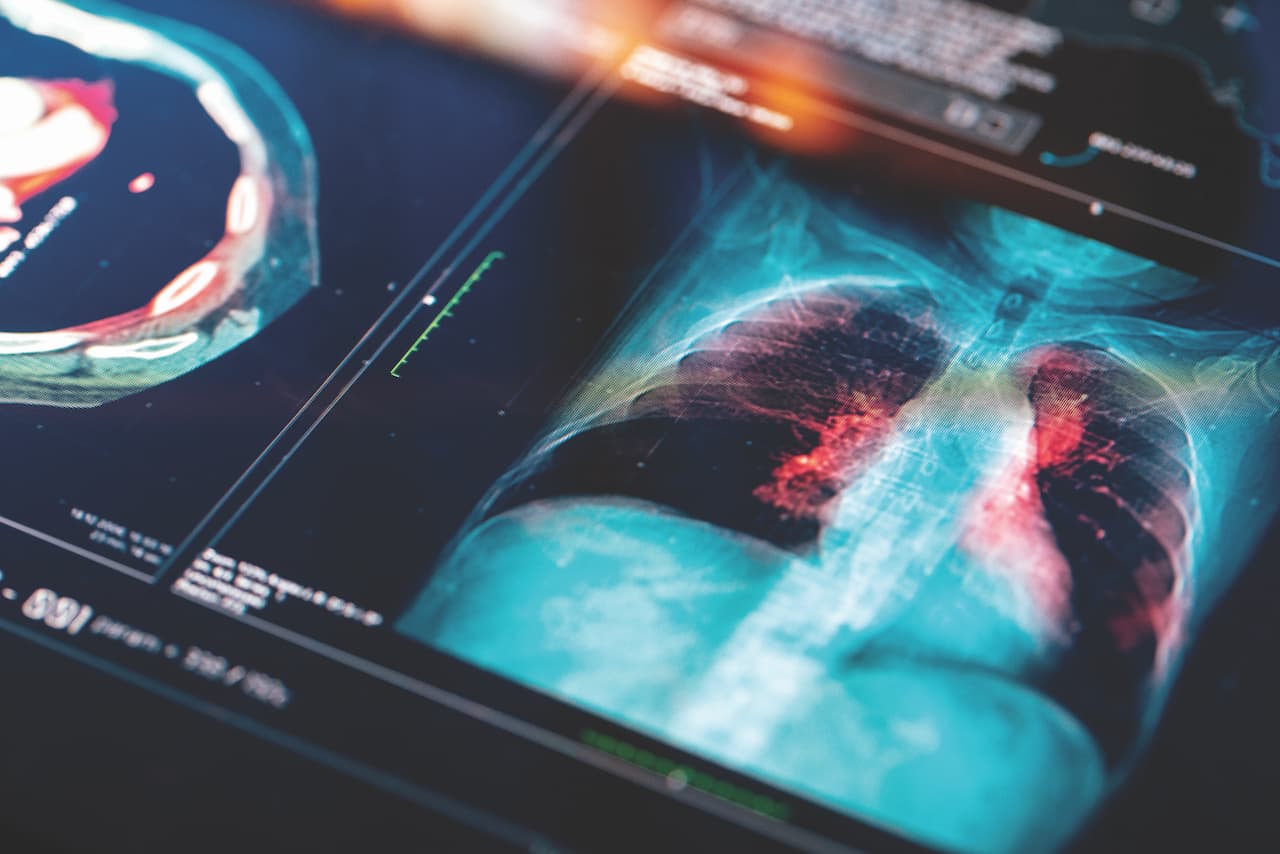
The CUHK research group led by Professor Tony Mok Shu-kam has decoded the common mutated genes in lung cancer and developed targeted therapies that have successfully increased patients’ lifespans. These innovative therapies redefined global paradigms in lung cancer treatment, providing patients with fresh hope. Professor Mok has established himself as one of the leading oncologists of the world, with his work on targeted EGFR inhibitors marking a significant milestone in the use of immunotherapy.
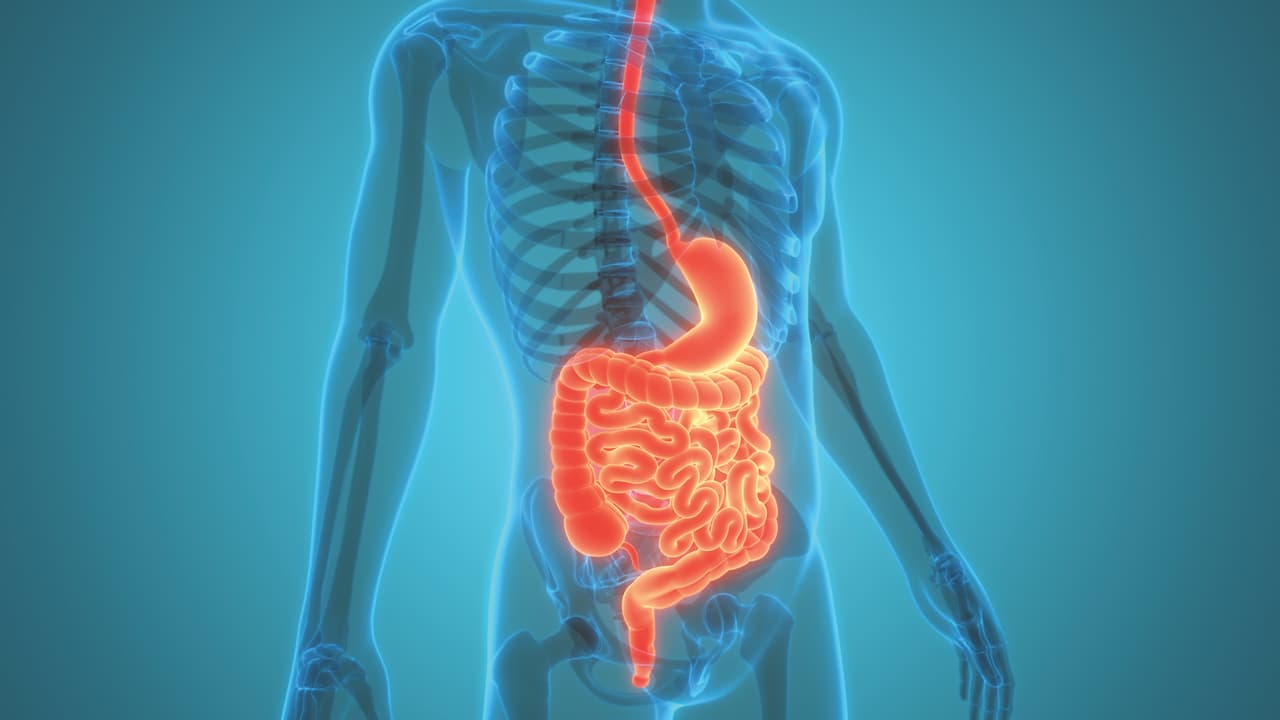
Cancers of the stomach, colon and liver are among the top causes of death globally. CUHK’s world-leading multi-disciplinary research in gastroenterology and hepatology has helped save countless lives by revolutionising early detection of gastrointestinal cancers, fatty liver disease and liver cancer. Breakthroughs in this field by Professor Jun Yu, Director of both the Institute of Digestive Disease and the State Key Laboratory of Digestive Disease at CUHK, have already been translated into clinical applications across China and Southeast Asia.
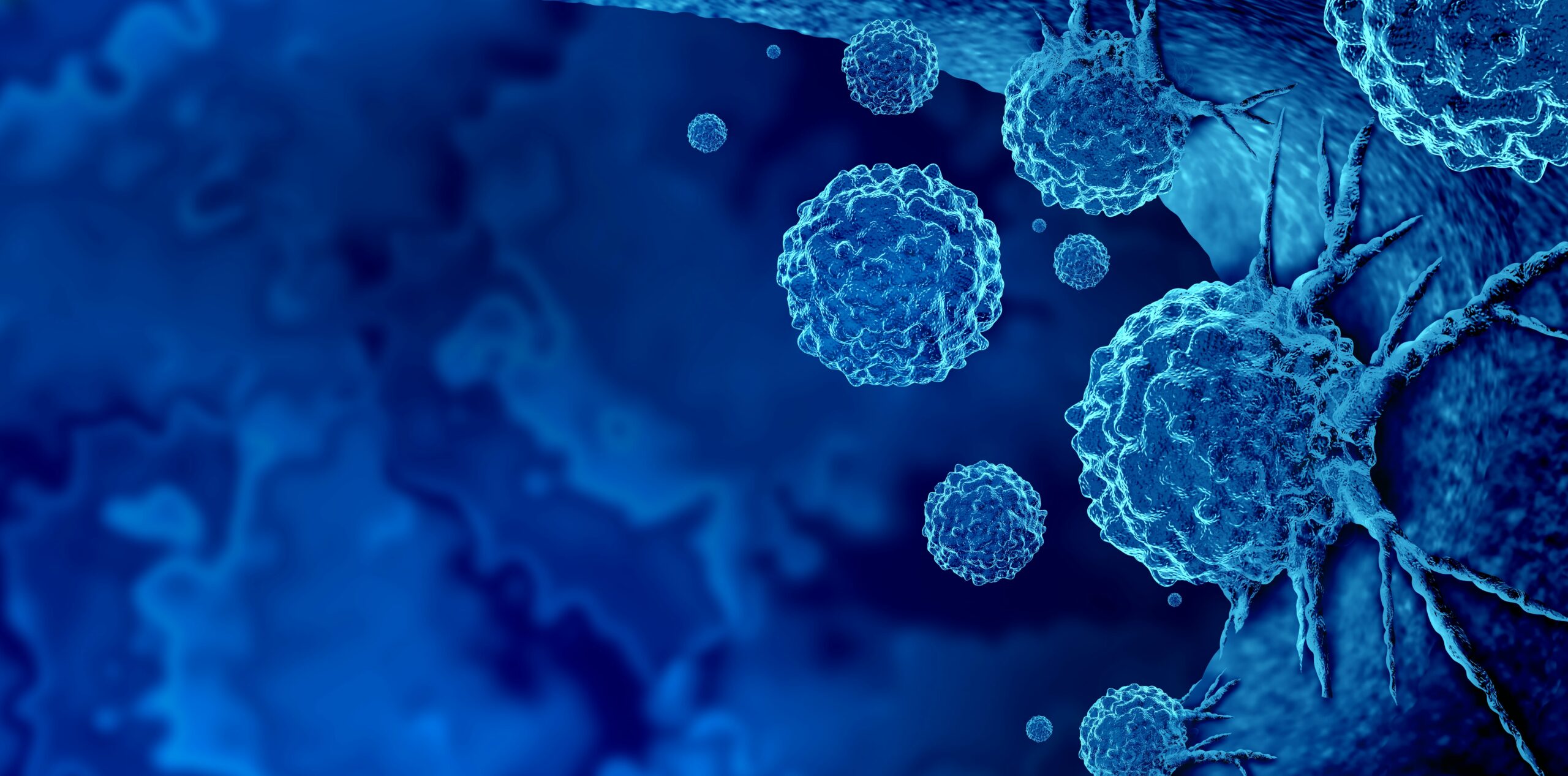
Painful, debilitating and potentially dangerous: treating cancer metastases in the lungs through conventional methods is fraught with challenges. A new treatment, however, promises to revolutionise the process by using a remote, robotically controlled system to deliver a catheter into delicate areas of the lungs, where it can destroy the cancer cells precisely and effectively using microwave energy. Entirely non-invasive and in most cases pain-free, the system has delivered impressive results in early trials, successfully treating several patients with multiple lung metastases.

Imagine that some of the most aggressive cancers can be cured and patients no longer have to face a bleak destiny. For years, cancer patients had little hope for a cure despite all the excruciating surgery, chemotherapy and radiation. But now, those who were once hopeless are experiencing miraculous recoveries, thanks to the advent of cell and gene therapy. CUHK’s Advanced Therapy Products Good Manufacturing Practice Centre promises to help researchers speed up clinical trials and deliver breakthrough treatments, opening a new era of hope and possibility.
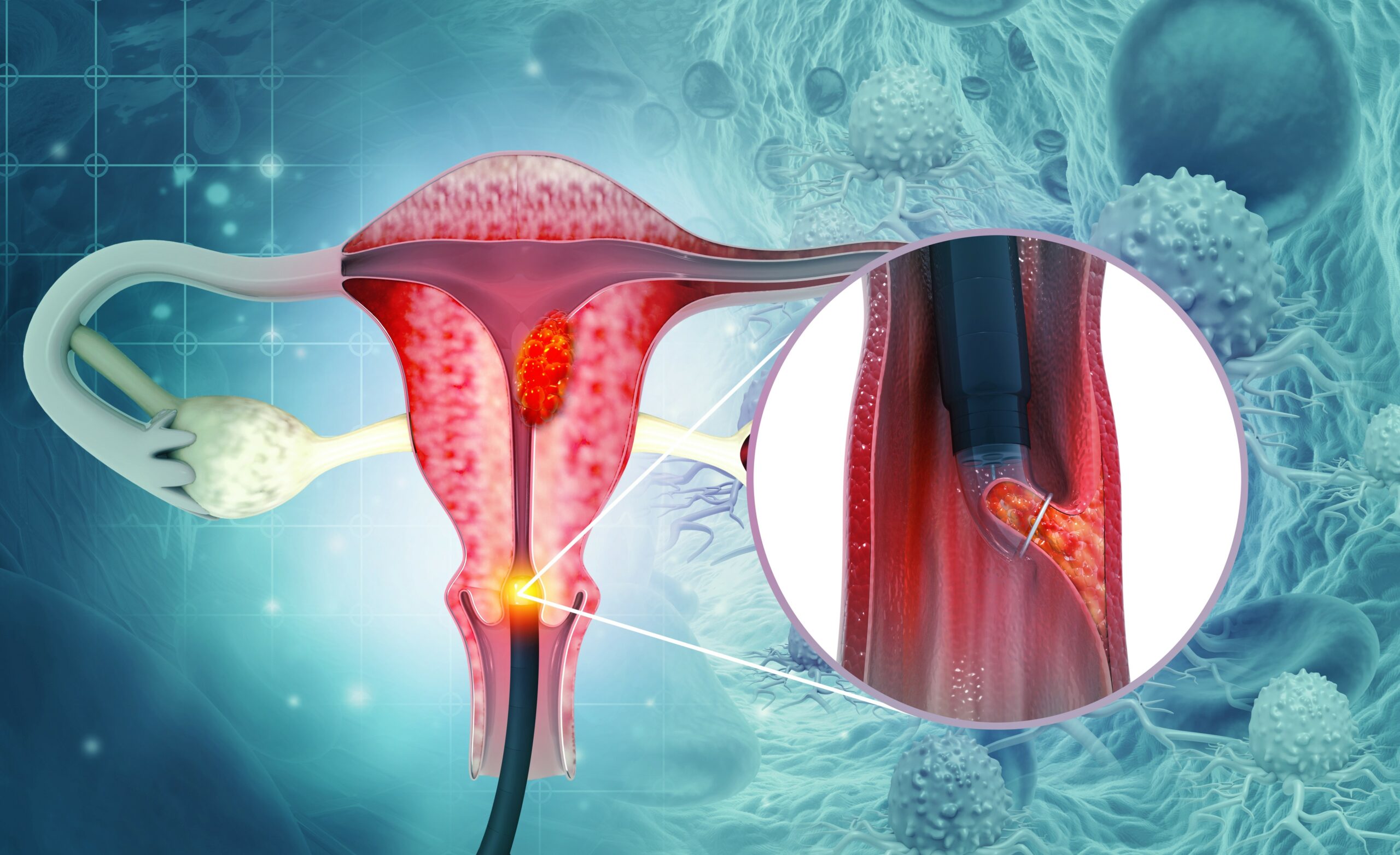
Cervical cancer kills hundreds of thousands of women around the world every year, but fear of embarrassment or inconvenience means some women refuse regular pap tests. A CUHK Biochemistry alumna is trying to revolutionise cervical cancer screen with a non-invasive technology that allows women to simply identify the disease in menstrual blood at home, using a sanitary napkin which is included in the self-test kit.
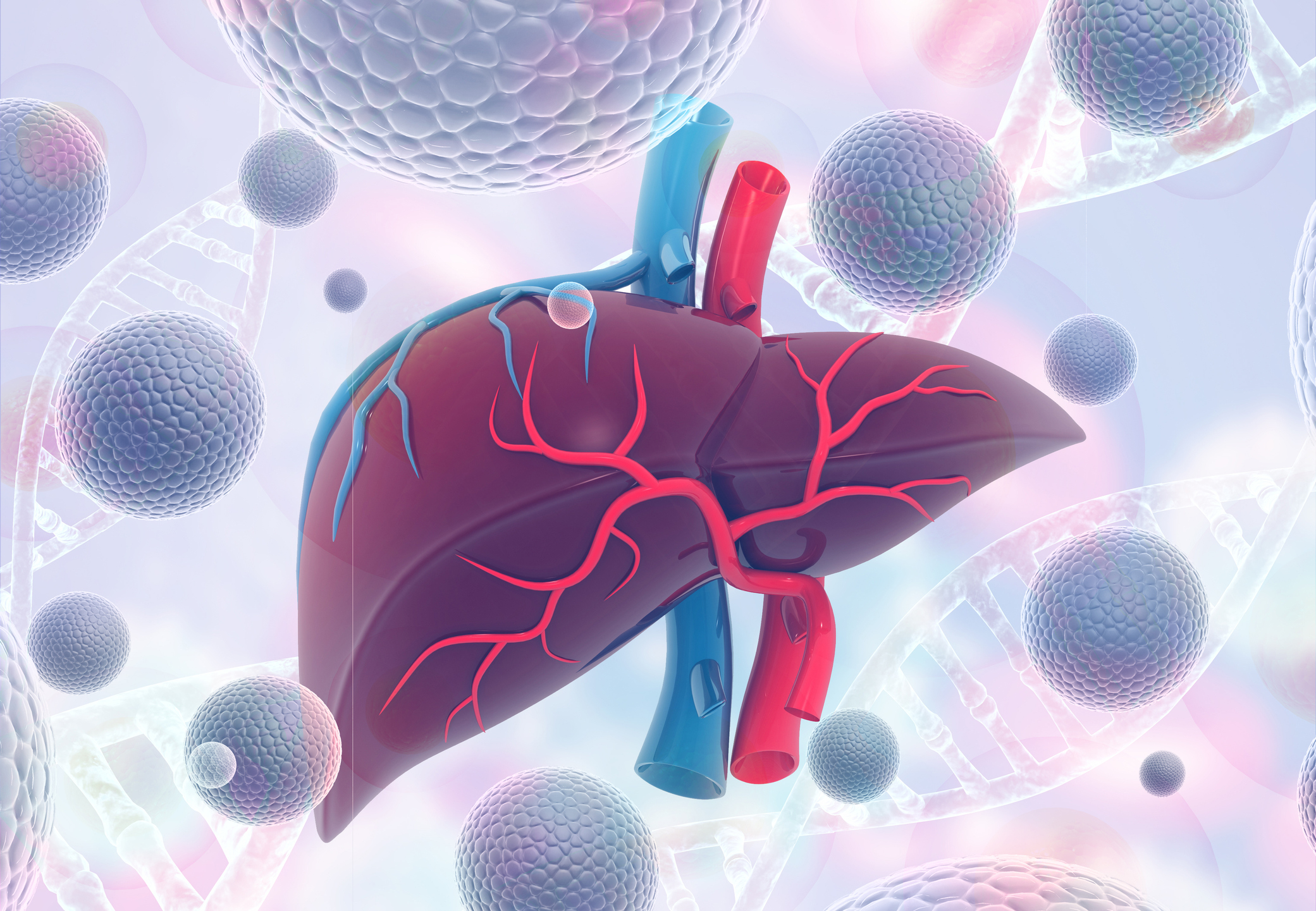
An unhealthy diet, lack of exercise and staying up late are common habits that can damage our livers. The liver is known as a silent organ: symptoms of liver failure do not typically show up until they develop into severe fibrosis, cirrhosis or even cancer. A team from CUHK is developing a non-invasive imaging method to detect biochemical symptoms associated with early-stage liver fibrosis, increasing the chances of successful treatment.
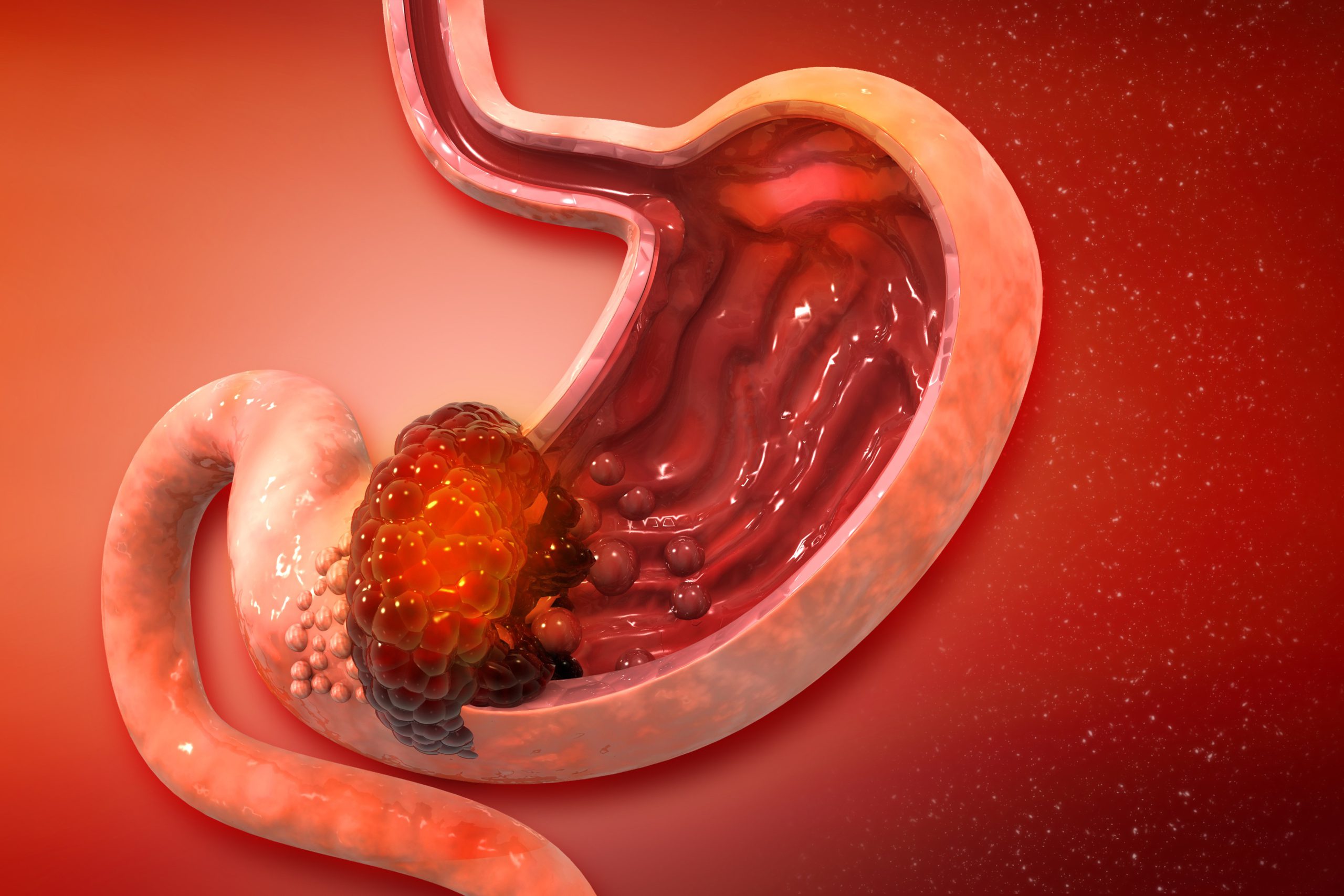
Cancer is a group of diseases that we are taking kinds of strategies to overcome at the moment. Our bodies are made up of countless cells, and cancer cells are the result of mutations of normal ones. Although its causes are not yet fully understood, studying the mechanisms of cancer cell proliferation allows us to understand cancer better and create new treatments. A team from CU Medicine has just identified a novel oncogene in gastric cancer, giving rise to the development of a new anti-cancer therapy.
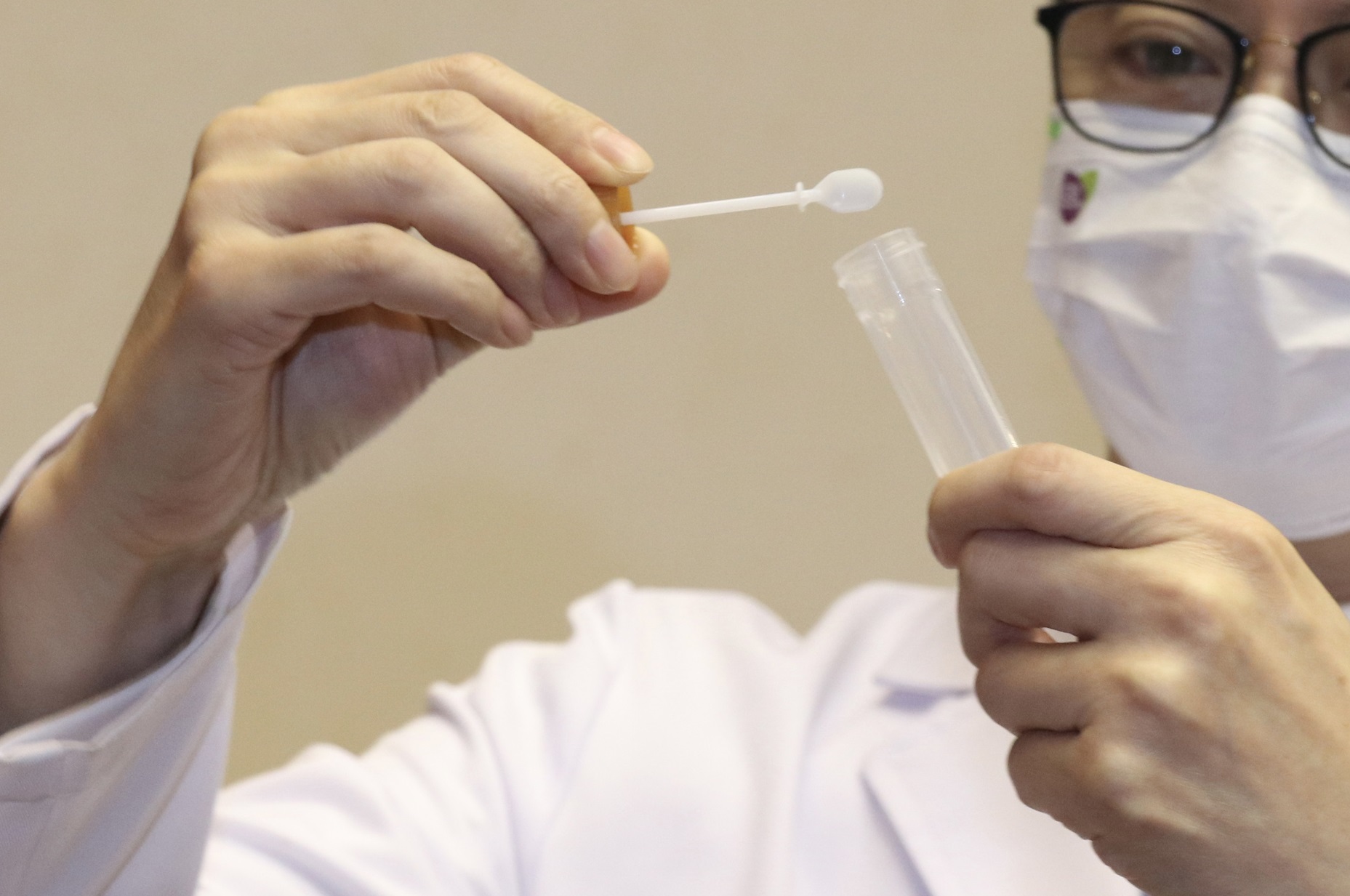
A low sensitivity faecal test is used to screen for colorectal cancer. Its cause, polyps can only be detected by a probing colonoscopy. Now a CUHK Medicine team has devised a first ever, highly sensitive, non-invasive “bacterial gene markers” test on faeces. It is 94% sensitive to the cancer, and over 90% sensitive to recurring polyps - which the present test can’t detect at all.
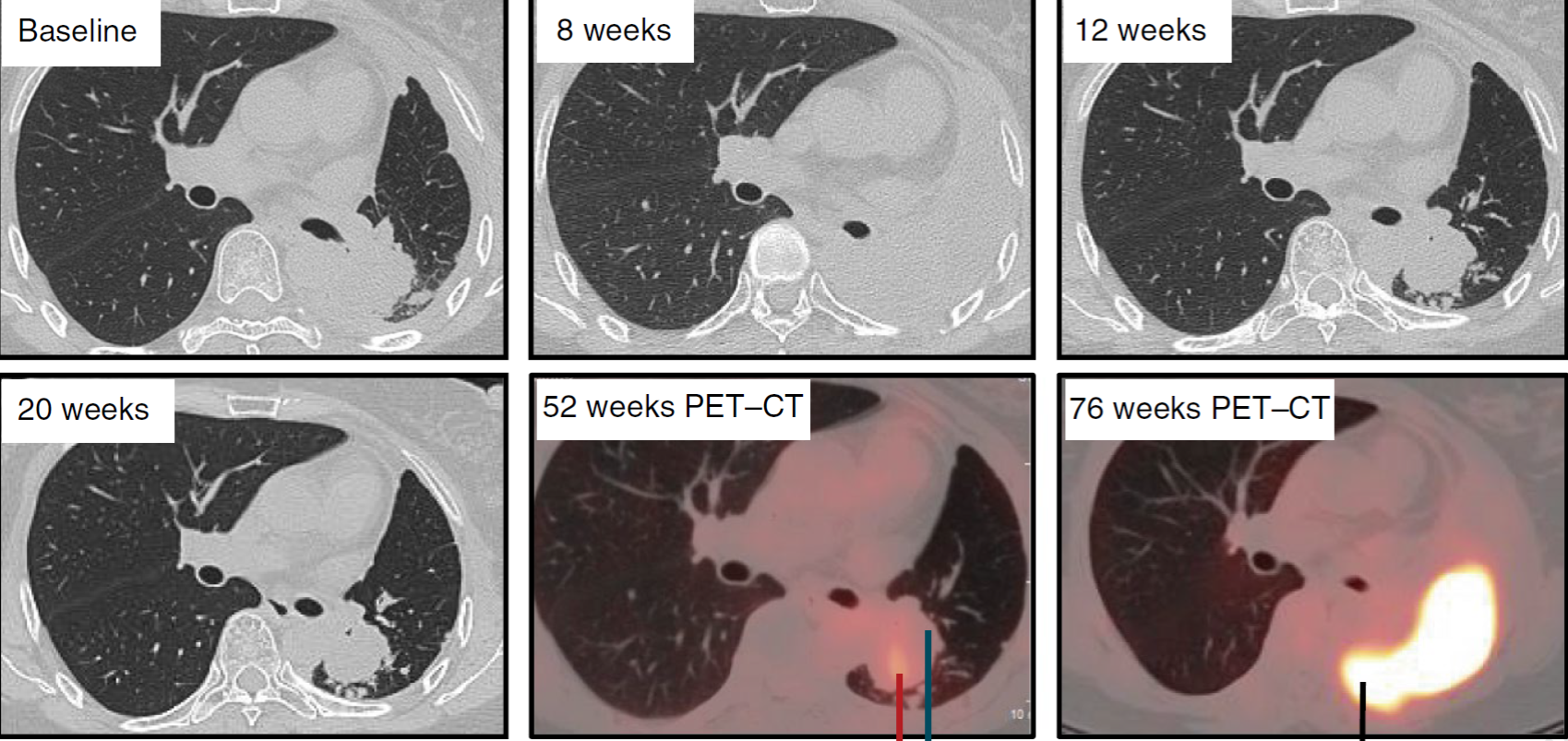
A new chapter is opening in cancer immunotherapy. A first-in-human clinical trial of CRISPR technology to treat late stage lung cancer has proved safe by a CUHK joint research. T-Cells of advanced condition patients have been extracted, gene edited and reinfused as potential fighters against cancer cells.